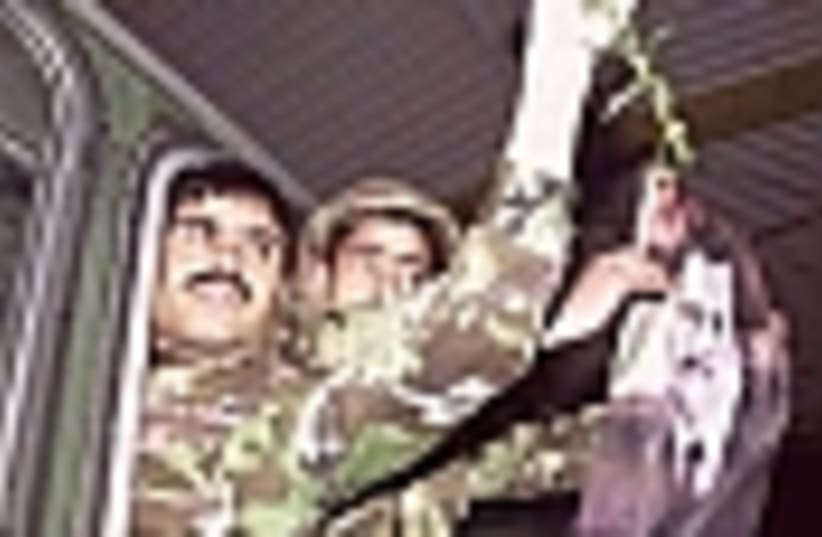| More about: | Syria, United Nations Headquarters, Farouk al-Sharaa, Rafic Hariri |
Syria: UN can grill officials in Vienna
Mehlis can question top Syrians about Hariri killing at UN headquarters.


| More about: | Syria, United Nations Headquarters, Farouk al-Sharaa, Rafic Hariri |